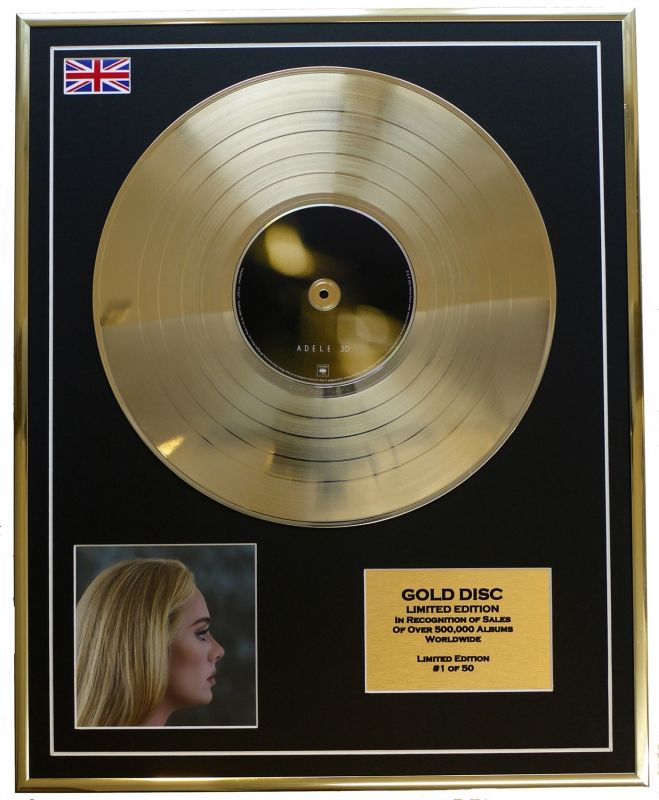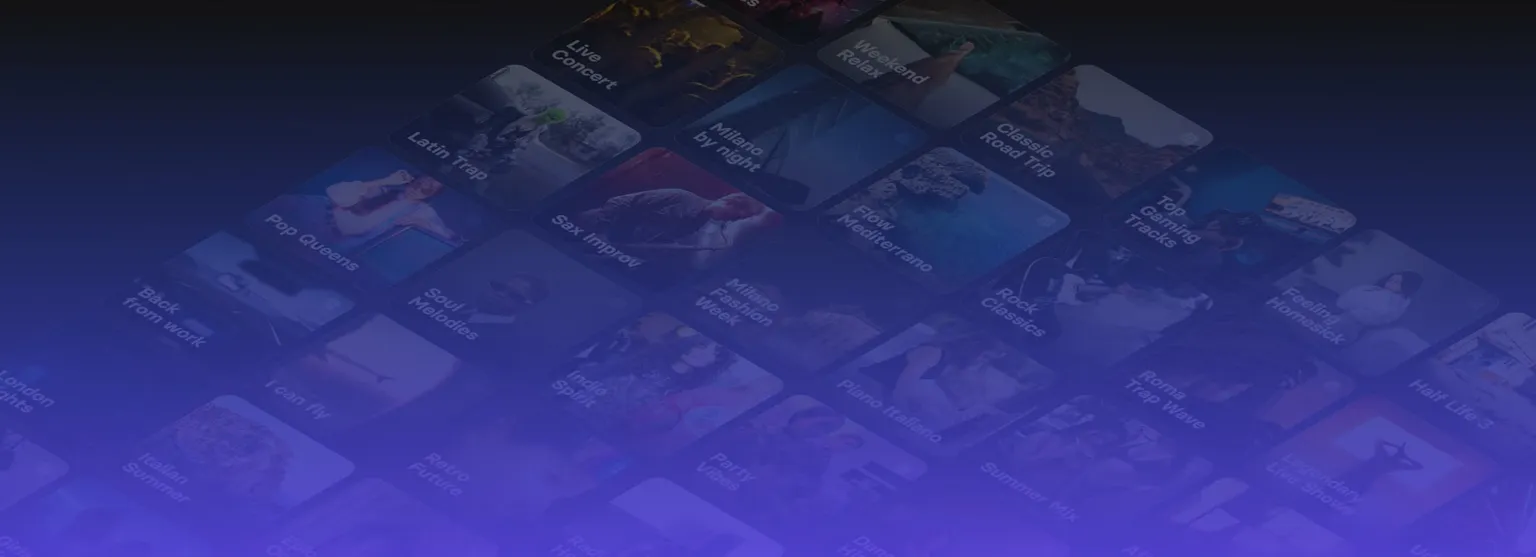
The music industry is characterized by a multitude of artists and genres competing to capture the audience's attention. In this highly competitive landscape, the certification of record sales has proven to be an indicator of an artist's success and their impact on the music scene.
However, it is important to understand that these titles are not actual gold, platinum, or diamond records.
Rather, they are plaques that symbolize the achievement of specific sales and streaming thresholds, contributing to the prestige and popularity of an artist or an album.
How it started
In the 1930s, some U.S. record labels began awarding actual vinyl records as promotional prizes to highlight artists' milestones.
By the late 1950s, this practice was formalized by the Recording Industry Association of America (RIAA): to receive a gold record, an artist had to sell one million copies of specific singles or albums to retailers, regardless of whether the records were purchased by consumers.
This tradition soon expanded internationally, with each country adjusting the criteria based on market size and evolving formats, including vinyl, cassette tapes, CDs, and digital music.
Awarding and Certification
The international music federations responsible for awarding gold, platinum, and diamond records are different in each country, such as RIAA, BPI (British Phonographic Industry), CRIA (Canadian Recording Industry Association), FIMI (Federazione Industria Musicale Italiana), ARIA (Australian Recording Industry Association) and so on.
The International Federation of the Phonographic Industry (IFPI) represents many music industries worldwide: in some regions, the IFPI collaborates with existing national certification bodies, while in others with less developed music industries, it serves as the primary certifying authority.
IFPI publishes six annual top-ten charts: the IPFI Global Recording Artist Chart, IFPI Global Single Chart, IFPI Global Album Chart, IFPI Global Album Sales Chart, the IFPI Global Vinyl Album Chart and (from 2023) the IFPI Global Streaming Album Chart.
Launched in January 2014, the IFPI Global Recording Artist Chart was the first global chart to accurately track artists' popularity across streaming channels, as well as digital and physical album and single sales.
This independently verified chart includes sales of albums in digital, CD, and vinyl formats, as well as downloaded and physical singles, and streaming data throughout the year. It does not focus on a single track or album but includes all of an artist's music. The chart uses album equivalent units to aggregate data from downloads, physical sales, and streaming.

Certification Criteria
The requirements to obtain these certifications from the IFPI can change in each country, following the specific rules of each national association affiliated with them.
However, here is a general overview of the common sales thresholds for album and single certifications:
Album Certification
Gold Certification:
- United States: 500,000 units
- United Kingdom: 100,000 units
- Canada: 40,000 units
- Australia: 35,000 units
Platinum Certification:
- United States: 1,000,000 units
- United Kingdom: 300,000 units
- Canada: 80,000 units
- Australia: 70,000 units
Diamond Certification:
- United States: 10,000,000 units
- United Kingdom: 1,000,000 units
- France: 1,000,000 units
Single Certification
Gold Certification:
- United States: 500,000 units
- United Kingdom: 400,000 units
- Canada: 40,000 units
- Australia: 35,000 units
Platinum Certification:
- United States: 1,000,000 units
- United Kingdom: 600,000 units
- Canada: 80,000 units
- Australia: 70,000 units
Diamond Certification:
- United States: 10,000,000 units
- France: 1,000,000 units
Units can include physical sales, digital downloads, and streaming. The exact criteria may vary slightly depending on the specific rules of each country. Certification thresholds are updated periodically to reflect changes in the music market and consumption patterns.
If you want to discover the criteria of your country, you can visit their site, for example: RIAA's certifications, BPI, CRIA, FIMI and so on.
Conclusion
You must remember that artists and record labels do not earn direct money from receiving IFPI gold and platinum certifications. These certifications serve as industry-recognized milestones that acknowledge significant sales achievements, but they are not a form of direct financial compensation.
These awards represent major goals for any artist and they're given to those who achieve high streaming numbers and great success in the music industry, something that is increasingly difficult for emerging artists.
We suggest you to not underestimate some aspects, for example the promotion of your art and to always find ways to distribute it to others through strategies and marketing campaigns, social media, or organic promotion on Spotify through platforms like Matchfy.
Winning a gold, platinum, or diamond record is very challenging and doesn’t happen overnight, but nothing is impossible. Remember to treat your music and promotion the way you would want others to treat it.
If you’re not yet clear on how this world works, our team is always ready to support you! Additionally, we offer options suitable for any need or situation—it's the perfect opportunity, don’t you think?

